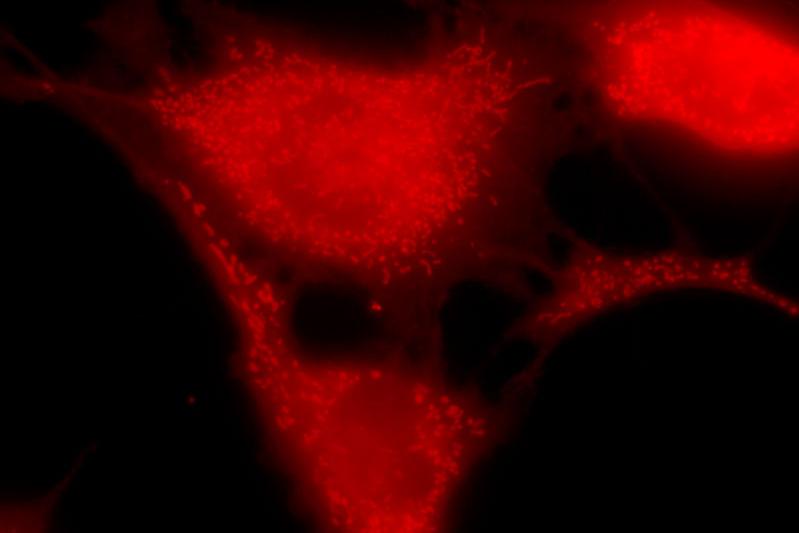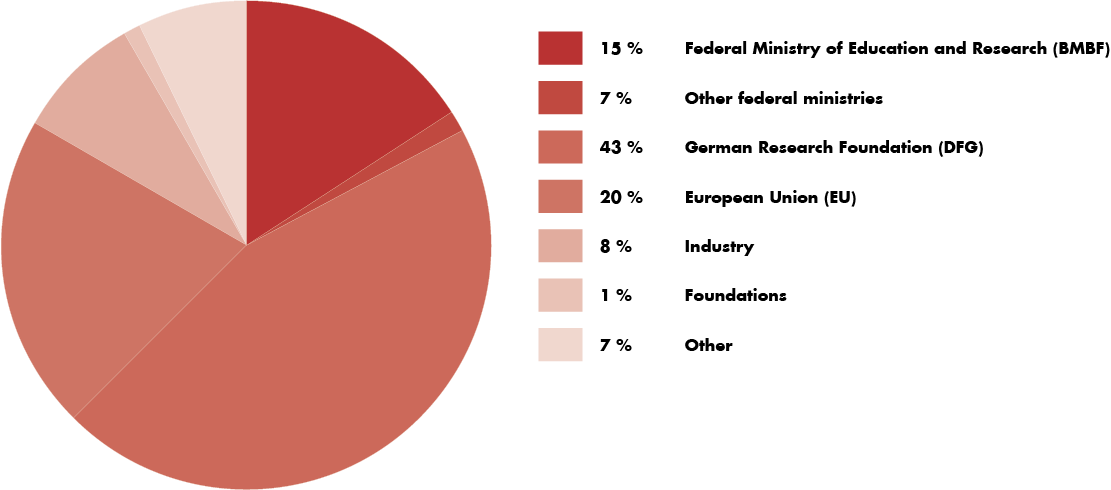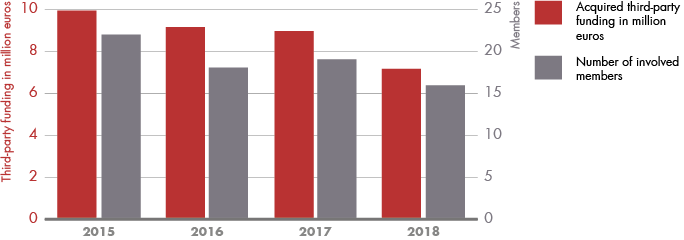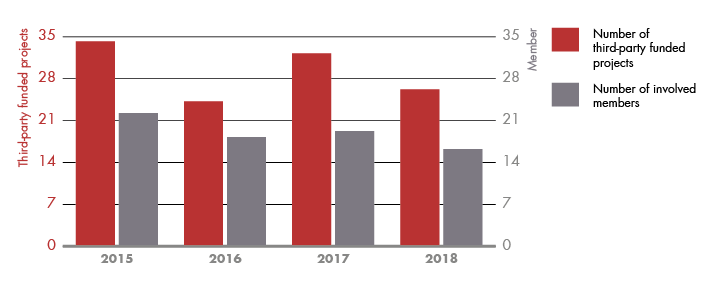The Centre’s research and development programme focuses on therapy and diagnostics of the future: through specialisation, visualisation and miniaturisation, research groups at the Centre for Biotechnology and Biomedicine (BBZ) develop drugs and cells for use as products and instruments.
Research Focus
Research, development and validation of tools and technologies for high-throughput screening/diagnostics and rational drug design
- Integrative pharmacogenomic applications in the treatment of cardiovascular, neurodegenerative, oncological, endocrinological metabolic diseases and infectious diseases
- Development of new, intelligent nano/microstructure-cell/membrane interfaces for use in diagnostics and therapy
- Development of systems biology approaches for the development of in silico cell, tissue and molecular models – new predictive diagnostic, therapeutic and drug testing systems
- Development of bioactive, intelligent (micro-)implants and cell transplants for repair, regeneration and controlling biological processes
- Genetic reprogramming of cells, cell lines and stem cells for the treatment of genetic or acquired diseases
Scientific Successes
Protein engineering is used to develop biopharmaceuticals for future therapeutic approaches to combat diseases. Drugs can be tested by means of cell-based and tissue-based models that simulate disease progression. These also form the basis for a better understanding of diseases. The benefits of manufacturing microchip systems in the clean room include fast and highly sensitive detection methods with which active substances can be tested in parallel and in real time. In the fight against infectious diseases and sepsis, the focus is on current research projects involving “omics” bioanalytics.
External funding and projects secured by members
From 2015 to 2018, members secured a total of 35 million euros in external funding for some 116 collaborative projects, sub-projects within larger research networks, and individual projects.
More than 40 per cent of this external funding was granted by the DFG.
The diagrams include external funding from the private sector, which results from industry partnerships.
Methods and Technologies at the Centre
The BBZ’s research priorities combine new methods and technologies at the crossroads of molecular cell biology and genetics with nanotechnology, biophysics, (nano)medicine, pharmacy, biochemistry, bioinformatics and biomedical engineering. The interdisciplinary research groups’ scientific expertise caters to established aspects of nanobiotechnology and biomedicine, but also considers the future of these disciplines.
Innovations have been achieved in recent years through the establishment of technology platforms and research projects focusing on therapies and diagnostic procedures, bioinstruments, biophysical testing procedures and tissue replacement. The BBZ has unlocked new approaches not only in the traditional fields of biology, biochemistry, bioinformatics and biophysics, but also in adjacent disciplines. Scientists from various disciplines are working on a variety of research foci, including protein engineering for tumour therapy, the development of in vivo disease models, biosensor technology for diagnostics and drug testing, and bioreactor development for tissue and organ reconstruction.
In addition to this diverse expertise in red biotechnology and biomedicine, white biotechnology (biocatalysis) has established itself as a second focus. Leipzig’s expertise in protein technology (protein expression, structural analysis, protein modification, bioanalytics, protein design) plays an essential role as a common link in the joint development of red and white biotechnology.
Specifically, the following methods and technologies are applied at the Centre:
- Genomics
- Proteomics
- Glycomics
- Protein structure analysis
- Peptide synthesis
- Molecular cell biology
- Tissue engineering
- Nanotechnology
- Microsystems technology
- Sensor and biomedical technology.
Thanks to the Centre’s well-established method and equipment pools, scientists at the BBZ are able to offer other research groups and companies high-quality technological applications with customised devices – some of which are unique and were developed in-house – for collaborative projects.



